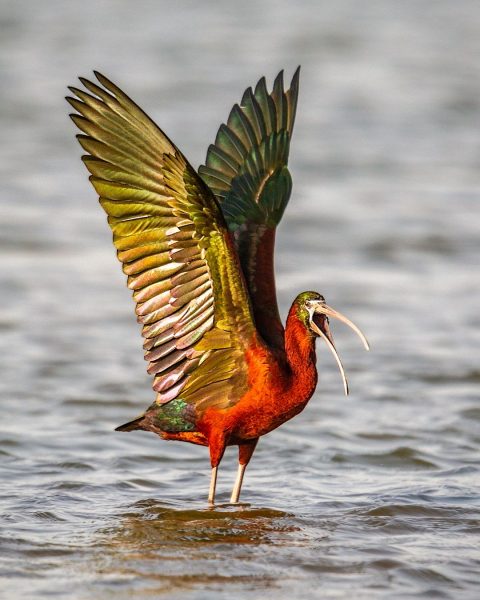Leonardo da Vinci had the good luck to be born out of wedlock.
The story of how I escaped across the Iron Curtain it begins like life itself—in a pool of water
Here are the MPs who have (and haven't) downloaded the coronavirus app
We checked whether every member of Federal Parliament had downloaded the COVIDSafe tracing app. Find out whether your local member has or not.
Senate Select Committee on COVID-19 07/05/2020 Australian Government’s response to the COVID-19 pandemic
Kathleen DeLaney Thomas (North Carolina), Taxing Nudges, 106 Va. L. Rev. ___ (2020):
Governments are increasingly turning to behavioral economics to inform policy design in areas like health care, the environment, and financial decision-making. Research shows that small behavioral interventions, referred to as “nudges,” often produce significant responses at a low cost. The theory behind nudges is that, rather than mandating certain behaviors or providing costly economic subsidies, modest initiatives may “nudge” individuals to choose desirable outcomes by appealing to their behavioral preferences. For example, automatically enrolling workers into savings plans as a default rather than requiring them to actively sign up has dramatically increased enrollment in such plans. Similarly, allowing individuals to earn “wellness points” from attendance at a gym, redeemable at various retail establishments, may improve exercise habits.
A successful nudge should make a desired choice as simple and painless as possible. Yet one source of friction may counteract an otherwise well-designed nudge: taxation. Under current tax laws, certain incentives designed to nudge behavior are treated as taxable income. At best, people are ignorant of taxes on nudges, an outcome that is not good for the tax system. At worst, taxes on nudges may actively deter people from participating in programs with worthy policy goals. To date, policymakers have generally failed to account for this potential obstacle in designing nudges.
COVID-19 Lockdowns: Birds Singing, Flamingoes Flocking, Dolphins Dancing, Cleaner Air and Water
COVID-19 lockdowns have cratered the economy; meanwhile, we can hear
birds sing, and air and water are cleaner, from Venice to Kolkata.
UK COVID-19 contact-tracing app data may be kept for ‘research’ after crisis ends, MPs told The Register
Nazism, socialism and the falsification of history
The five part test companies need to pass on tax havens to get a bailout
Some fairly simplistic calls for the government to not give bailouts to companies using tax havens are continuing. I wholly understand the sentiments but the
Read the full article…
Read the full article…
There is no more fascinating figure in early modern philosophy than…” — someone most people haven’t heard of

On the latest episode of Some Good News, John Krasinski throws a virtual graduation ceremony for the class of 2020 with the help of Oprah Winfrey, Steven Spielberg, Malala Yousafzai, and Jon Stewart.
Parul Seghal reviews Philosopher of the Heart: The Restless Life of Søren Kierkegaard, by Clare Carlisle, at the New York Times, and Sophie Madeline Dess reviews the same at The Washington Post
Anthony Gottlieb reviews Frank Ramsey: A Sheer Excess of Powers, by Cheryl Misak, at The New Yorker, and Alex Dean reviews the same at Prospect Magazine